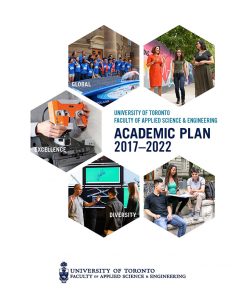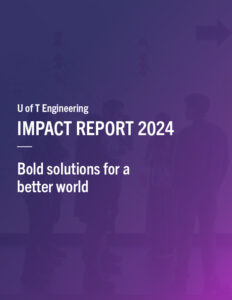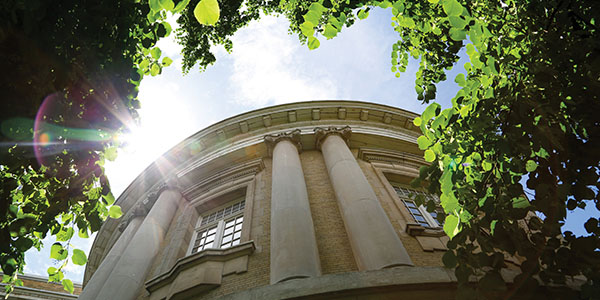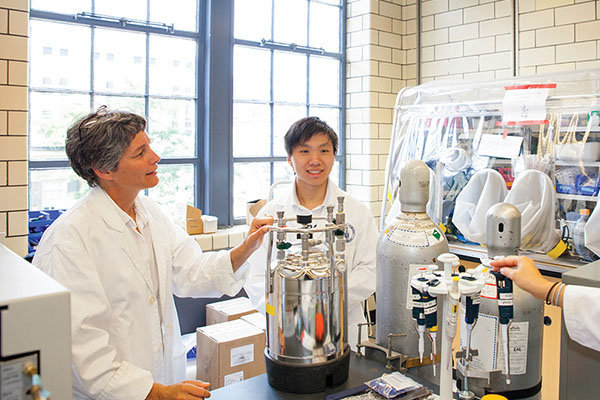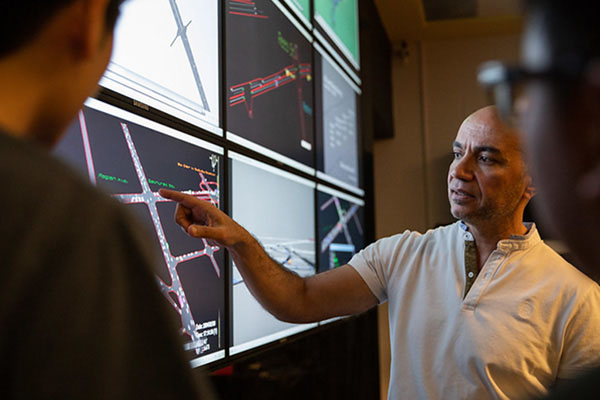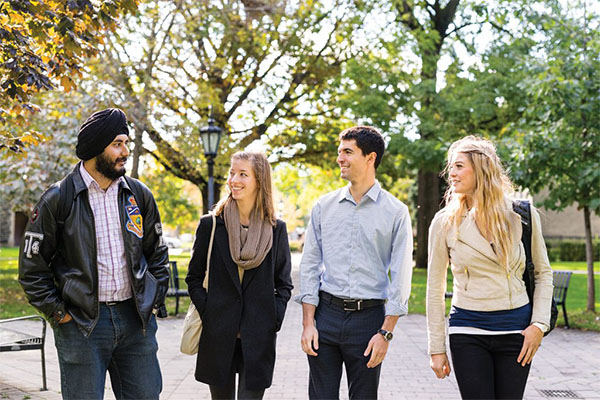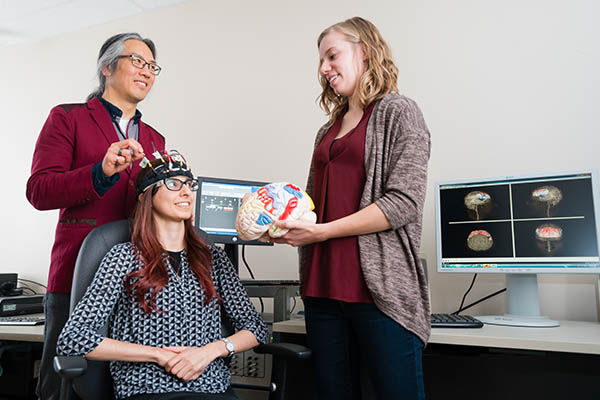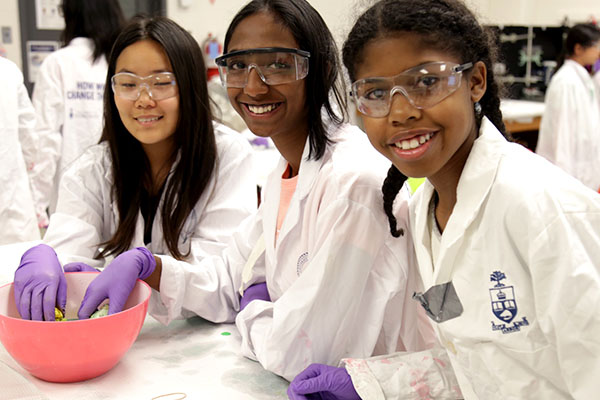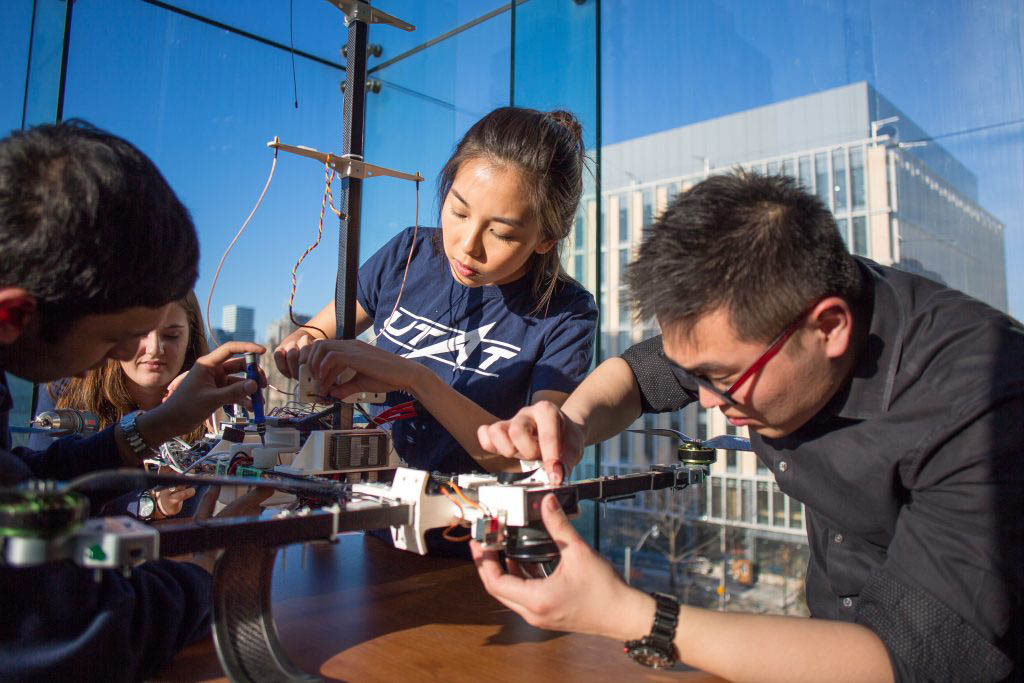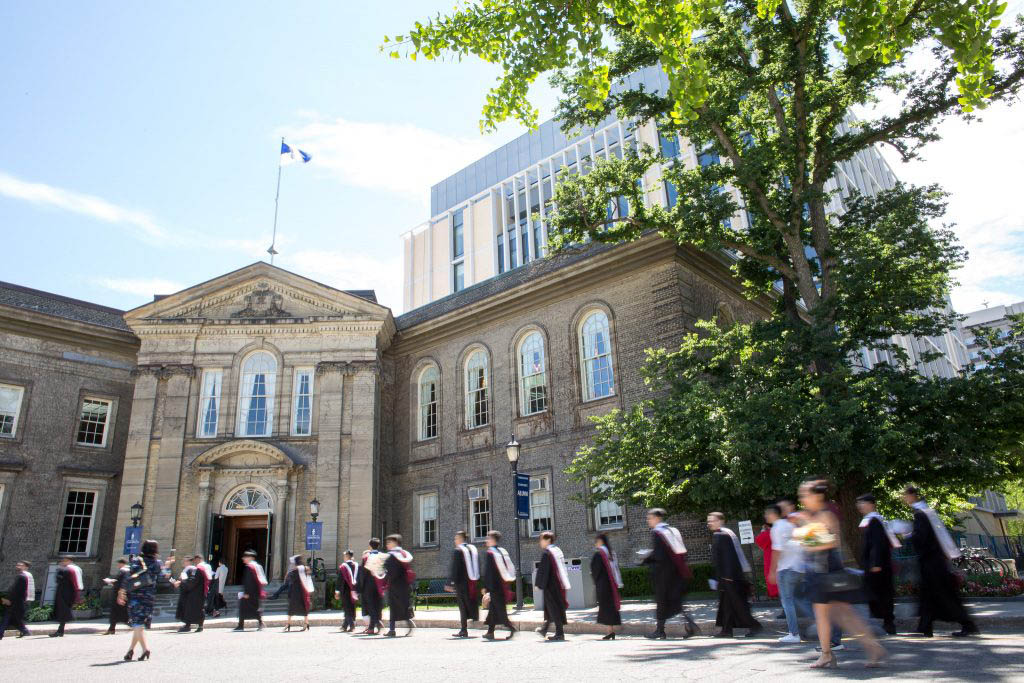Professor Chris Cappa
Department of Civil and Environmental Engineering
University of California, Davis
An important process through which atmospheric particles exert an influence on regional and global climate is the absorption of solar radiation. Three classes of particles contribute most of the absorption: black carbon (BC), absorbing organic carbon (aka “brown” carbon, or BrC) and dust. Absorption by BC and BrC can contribute nearly as much to global radiative forcing as CO2. However, the uncertainties in the absolute and relative BC and BrC contributions are substantial. In this seminar, new results from two CA field studies and a laboratory study focused on biomass burning emissions will be used to understand the atmospheric variability in observed BC and BrC properties. The field studies, in wintertime Fresno and summertime Fontana, CA, provide context for understanding seasonal and regional differences in how sources and chemical processing impact the relationship between particle composition and absorptivity. The “FIREX” lab study, at the US Forest Service Fire Lab, provides a comprehensive look at how chemical processing in smoke plumes alters the absorption by biomass burning-derived particles, and how this depends on the fuel burned. Together, these studies provide new constraints for representing the atmospheric variability evolution of BC and BrC in models.
Download the lecture poster HERE

SOCAAR: Light Absorption by Atmospheric Particles: Connecting Sources, Chemical Processing and Impacts Through Lab Experiments
SOCAAR: Light Absorption by Atmospheric Particles: Connecting Sources, Chemical Processing and Impacts Through Lab Experiments
Event Details
October 9, 2019 @ 3:00 pm - 4:00 pm
Wallberg WB215 @ 200 College Street, Toronto
Professor Chris Cappa
Department of Civil and Environmental Engineering
University of California, Davis
An important process through which atmospheric particles exert an influence on regional and global climate is the absorption of solar radiation. Three classes of particles contribute most of the absorption: black carbon (BC), absorbing organic carbon (aka “brown” carbon, or BrC) and dust. Absorption by BC and BrC can contribute nearly as much to global radiative forcing as CO2. However, the uncertainties in the absolute and relative BC and BrC contributions are substantial. In this seminar, new results from two CA field studies and a laboratory study focused on biomass burning emissions will be used to understand the atmospheric variability in observed BC and BrC properties. The field studies, in wintertime Fresno and summertime Fontana, CA, provide context for understanding seasonal and regional differences in how sources and chemical processing impact the relationship between particle composition and absorptivity. The “FIREX” lab study, at the US Forest Service Fire Lab, provides a comprehensive look at how chemical processing in smoke plumes alters the absorption by biomass burning-derived particles, and how this depends on the fuel burned. Together, these studies provide new constraints for representing the atmospheric variability evolution of BC and BrC in models.
Download the lecture poster HERE
Upcoming Events
- All
- Alumni events
- Anti-Racism and Cultural Diversity Office events
- Convocation events
- Faculty & staff events
- Holidays
- Info sessions
- Lectures, seminars and workshops
- Socials
- U of T holidays & closures

